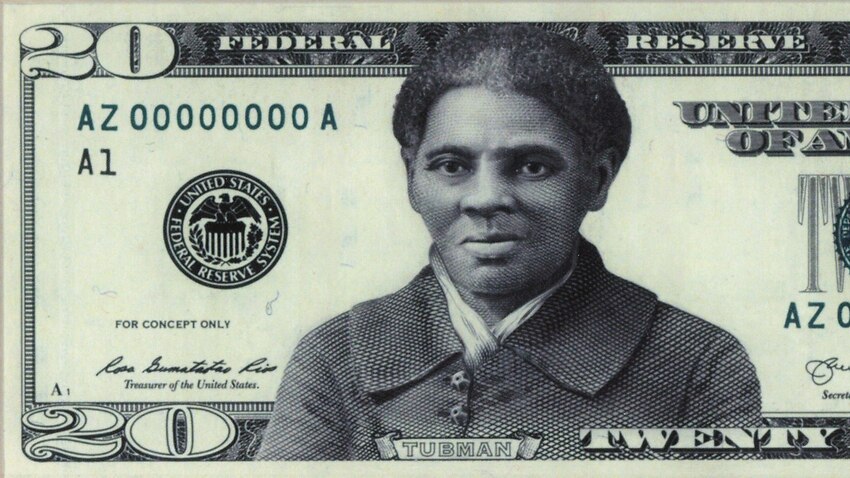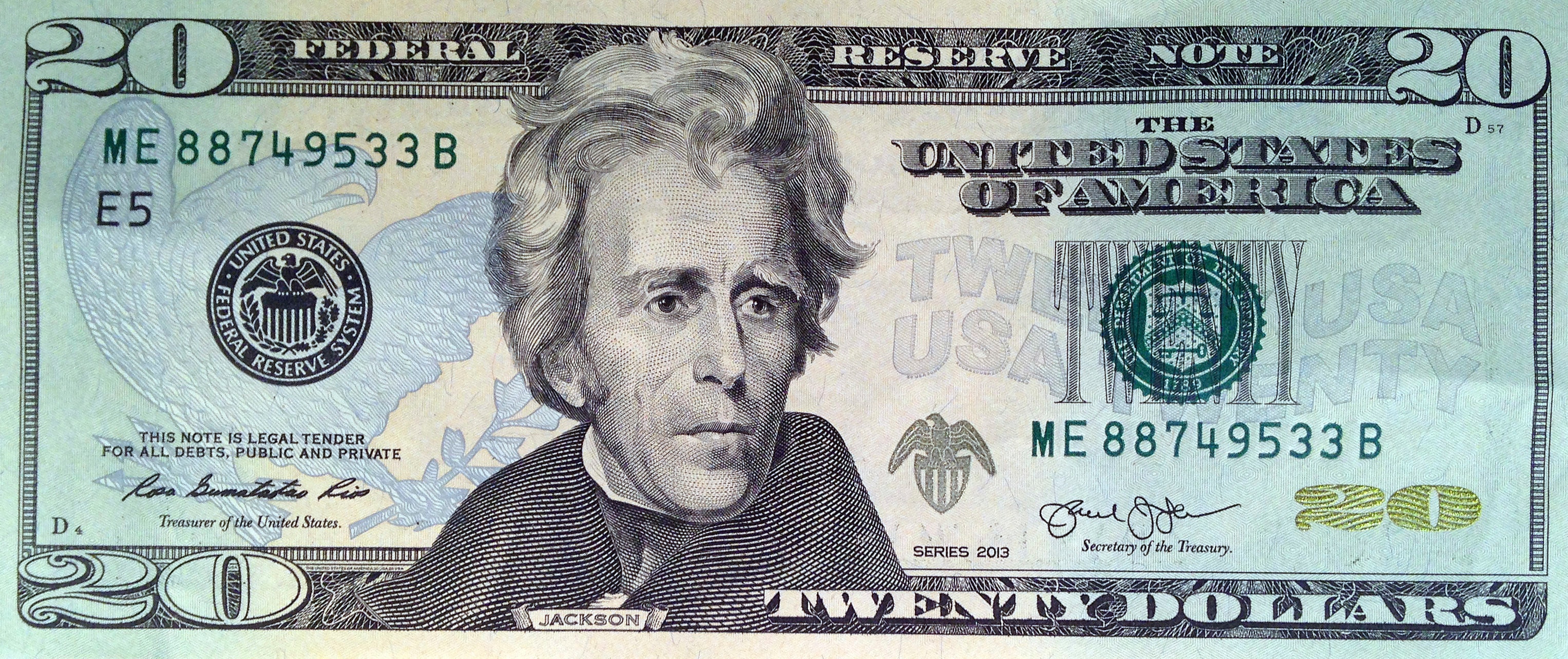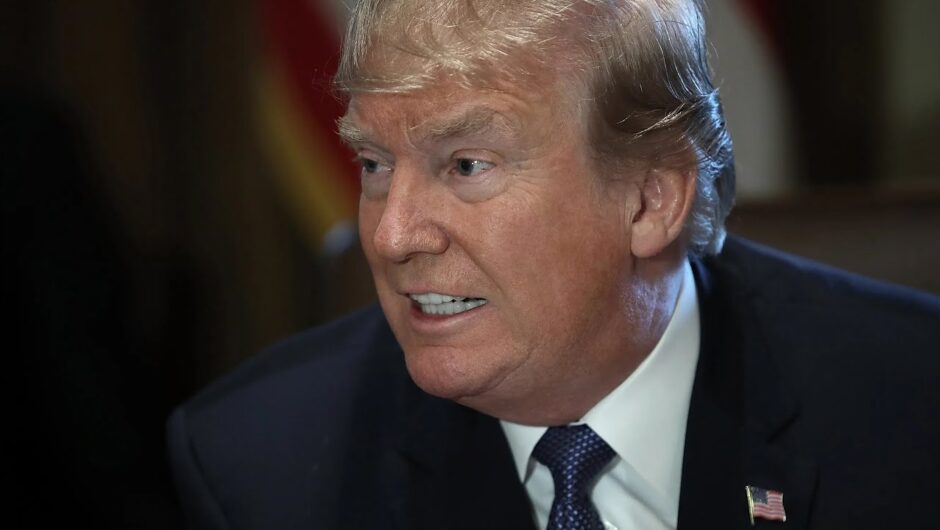The White House said on Monday local time it was taking steps to resume efforts to put Harriet Tubman, a black woman who escaped slavery and became a leader of the pre-Civil War abolitionist movement, on the $20 bill, a project that had been significantly delayed under Donald Trump.
The move means Tubman would become the first African American to feature on a US bill.
The project, launched by former president Barack Obama, has come back to the forefront after historic demonstrations denouncing racism and police violence against people of color.
“The Treasury Department is taking steps to resume efforts to put Harriet Tubman on the front of the new $20 notes,” said presidential spokeswoman Jen Psaki.
“It’s important that our notes, our money… reflect the history and diversity of our country and Harriet Tubman’s image gracing the new $20 note would certainly reflect that,” she said.
Tubman was born into slavery in 1822 but escaped before going back to the slave-owning southern states to help dozens of others flee bondage, either to the northern US or in Canada, both before and during the Civil War of 1861-65.
After the war, she became a champion of women’s rights before her death in 1913.
Her life, and in particular her work helping enslaved people escape as a conductor on the “Underground Railroad,” were featured in a 2019 Hollywood biopic.
Her image was set to replace the portrait of Andrew Jackson, the US president behind the “Trail of Tears” that drove dispossessed Native American tribes from the southeast of the expanding country, and who was much admired by Mr Trump.
Mr Trump’s treasury secretary Steve Mnuchin announced in 2019 that the revamp of the $20 bill was being put off until 2028, citing “security issues” around counterfeiting one of the most popular bills in circulation.
During his 2016 presidential campaign, Mr Trump criticised the plans to replace Jackson with Tubman, calling the move “pure political correctness.” He suggested putting Tubman’s picture on the two-dollar bill, which is no longer printed.
Jackson, who occupied the White House from 1829 to 1837, was seen by Trump as the first “populist” president of the country, and hung his portrait in the Oval Office during his tenure.
The fiery general rose to fame for his historic victory against British forces in New Orleans in 1815. But he is also remembered for the mass deportation of tens of thousands of Native Americans from their ancestral lands in the southeast that left thousands dead.








